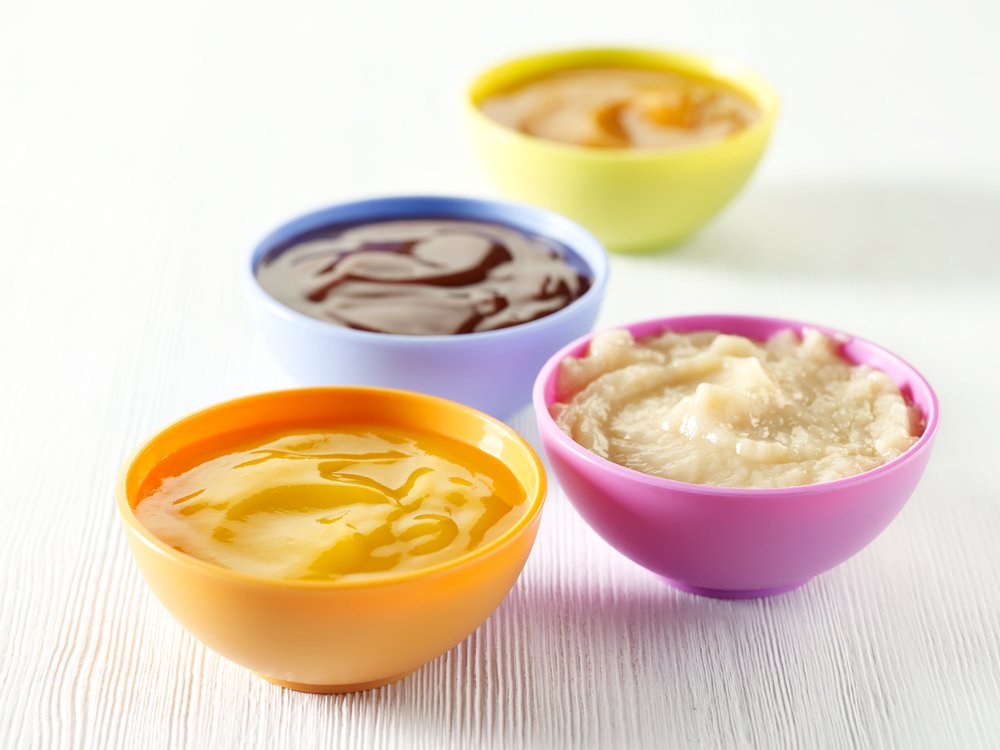Key points:
1. Choosing between homemade and store-bought baby food can be tough; a mix based on preference works well.
2. Homemade baby food means freshness, ingredient awareness, gradual transition to family meals, and easy batch cooking.
3. Store-bought options are convenient, quality-assured, travel-friendly, with a focus on natural ingredients and minimal additives.
4. Serve food portions separately, refrigerate leftovers for 48 hours, consult a doctor for dietary concerns, and prioritize healthy eating habits in line with family meals.
Since you are new to the world of solid baby food, you might be wondering whether you should prepare the purees at home or get the ready-to-eat jars from the supermarket.
The truth is that there is no right answer; you can do either or even combine these two options. Preparing food at home is a wonderful way to feed your baby because it presents food in its freshest form. However, sometimes it seems like an impossible task.
Homemade baby food
If you have the opportunity to prepare your baby’s food at home, you’ll know exactly each ingredient that’s in it and you’ll begin to get your baby used to your family’s meals (but in its pureed version).
Now, it is not always feasible to prepare pureed meals every day, so a good technique is to choose one “cooking” day and prepare lots of different recipes and freeze them. Therefore, you can defrost one portion at a time and save the rest for later. This can be very time effective and cheaper than buying ready-to-eat jars from the supermarket, but it does require time, organization, and preparation. Preparing food at home requires absolute hygiene; make sure you keep all the utensils and equipment clean.
Store-bought food
On the other hand, if you don’t have time or lack culinary inspiration, you can buy baby food at the supermarket. Most baby store food you’ll find is of excellent quality, just check that any food you may buy meets the following requirements:
- It is made with natural food.
- It doesn’t contain sugar or sugar substitutes.
- It has low or no sodium.
- It doesn’t contain preservatives.
Buying baby food in the supermarket offers a convenient and very practical way of storage. Likewise, it’s a huge help anytime you don’t have food and are traveling or out for a walk. With this in mind, pediatricians recommend that you feed your baby with ready-to-eat jars occasionally, to get them used to the taste and to prevent them from rejecting it when it is the only option. On the other hand, if you always buy baby food, now and then try to give them homemade food to get your baby used to eat it with your family.
As a final piece of advice, serve the portion of food your little one will eat in a separate dish to prevent contamination of the food that they did not eat. That way, you can store the remaining food in the refrigerator for 48 hours and use it for another meal.
We encourage you to choose the option that best suits you and your baby. Whether you decide to feed your little one with homemade or store-bought food, the most important thing to keep in mind is to establish healthy eating habits in your infant. Also, you can always consult with your doctor about any specific concerns you may have about what your baby eats.







